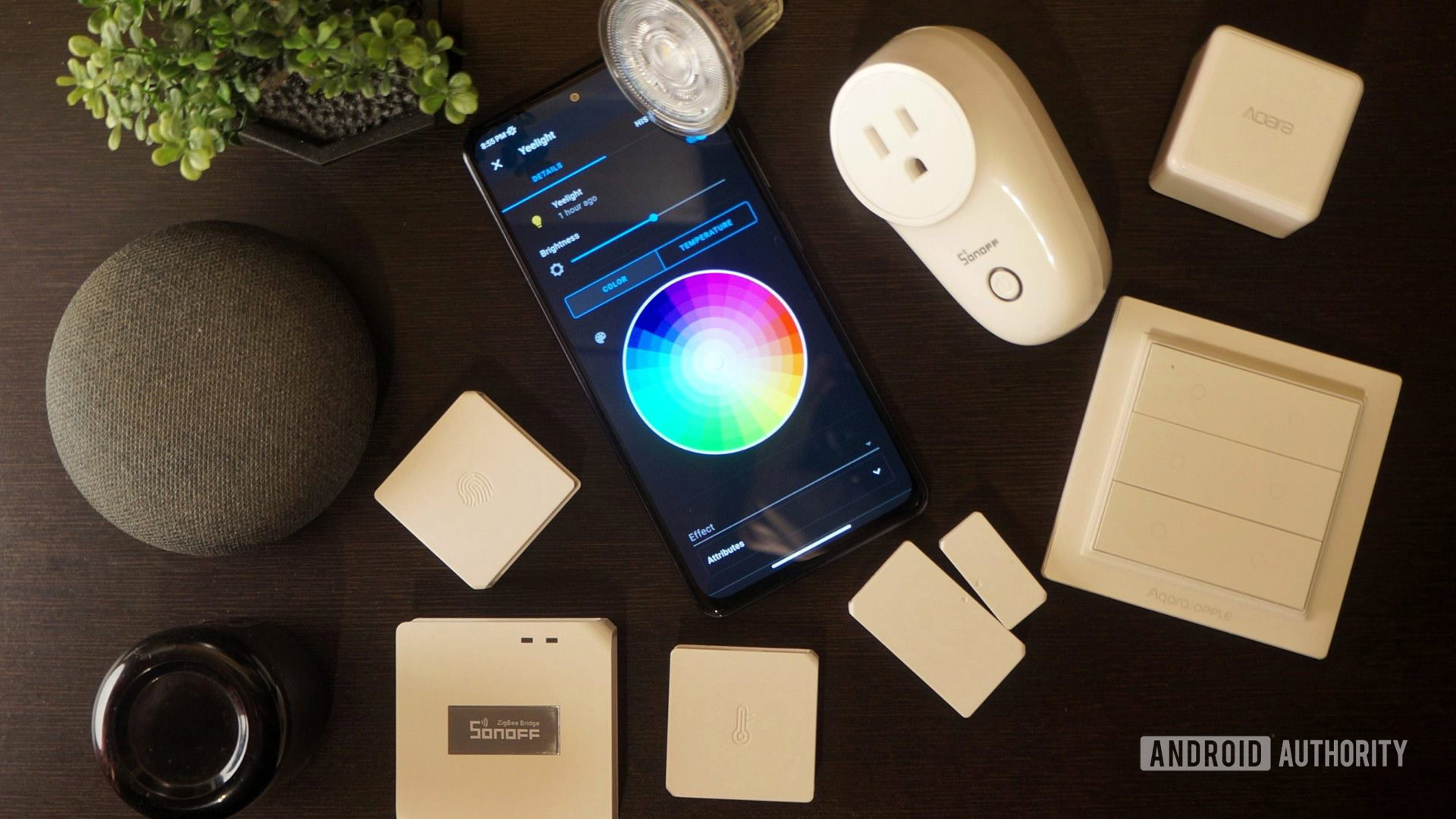
Calvin Wankhede / Android Authority
TL;DR
- Google is working on giving users more control over their Thread credentials.
- Users will be able to turn off Thread credential backup if they don’t want their credentials synced to the cloud.
- The option to turn off this feature will appear on the Threads networks page.
If you’re someone with a smart home, you were probably pretty excited when you got the notification that Thread credentials stored on your phone would be synced to the cloud. This was a pretty big deal as it promised to simplify the setup of new smart home devices and increase security. But what if you’re not interested in backing up your credentials to the cloud? It looks like you may soon have the option to disable this function.
An APK teardown helps predict features that may arrive on a service in the future based on work-in-progress code. However, it is possible that such predicted features may not make it to a public release.
Today, we’re looking at the most recent beta (version 24.50.32) of Google Play Service. In this beta, we came across an option to turn off Thread crendential backup.
For those unaware, Thread is a network protocol that uses mesh networking to relay signals between smart home gadgets. To ensure unauthorized devices can’t join your network and start interacting with your smart devices, the mesh network is protected by a complex, machine-generated code that works as a password. This is known as a Thread credential.
It appears that the option to toggle credential backup off will be located on the Threads networks page, which can be accessed from Google Play Service. This is a new page that we spotted back in September, but it was almost empty at that time and only showed a loading bar.
If you decide to disable syncing, a pop-up will show. This pop-up will inform you that turning this option off “might make it harder to add devices to your Thread network. At the bottom of the pop-up, you can pick “Don’t save” or “Cancel.”
Prior to this, users had the option to delete credentials saved to the cloud. However, they didn’t have the ability to prevent their credentials from being saved until now.


